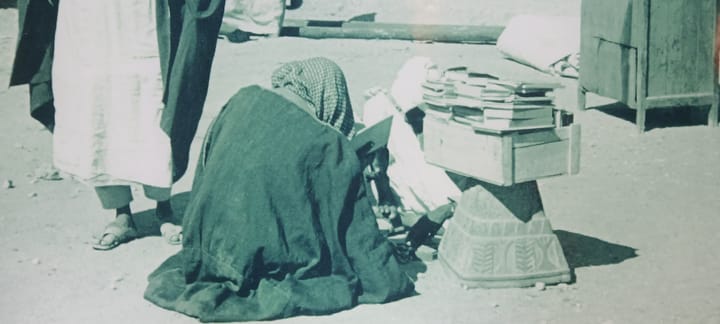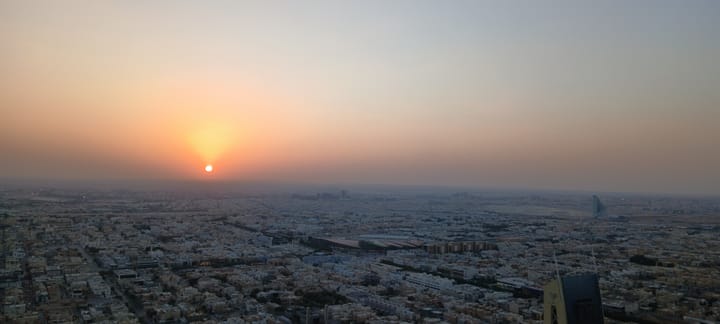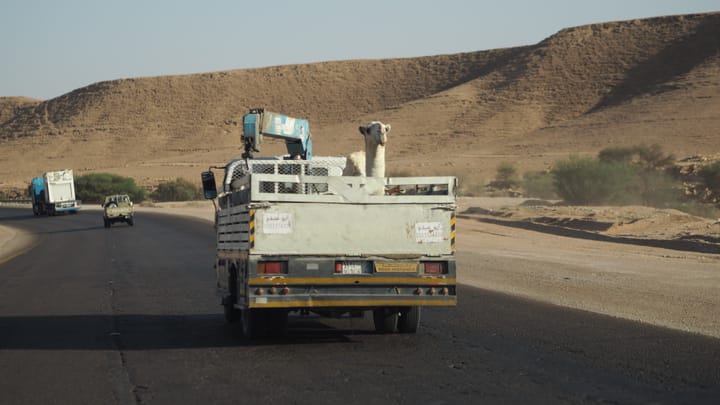the taxi to the airport
I had a dream the night before we left that Jefe was the word for life.
…
At the first cab I asked for a set price from the ferry terminal to the airport.$80 said the driver of a taxi van. Too expensive! I said.
How much, then? asked the driver. $45.
He consulted with another driver who asked him how much I wanted to pay. The second driver said, No. The roads are very busy.
A third pulled up and said, I’ll take you.
How much? I asked. $50 he said.
I ask him, when we’re on our way, are the roads busy?
No!
I like an honest cabby, I say.
Where I come from, he says, Ethiopia, there’s 28 million people in the city. Here it’s like a holiday.
He takes a back route anyway. The motorways are blocked. We have time to chat.
Joseph Gagi, next to his photo, on the dashboard. His first language is Amharic.
He lived in Italy but couldn’t learn Italian, visited Istanbul, our destination but learnt Swedish.
His mother speaks Hebrew and Italian as well as Amharic.
Why Hebrew?
Whereas the Ethiopian majority is Orthodox, we are a small Hebrew minority, Falasha. (This is an older term, meaning stranger, for the Beta Israel or Ethiopian Jews.)
We talk about Waiheke and Spanish, the Argentinian population and football. Isn’t there a good football team in Ethiopia?
Runners, yes but, football! we’re too small. In Africa, on the West coast, all are big, but we’re too small, because of the food and culture.
You think it’s the diet?
Yes, surely. Everything we eat is fermented. Everything.
We only eat meat four times a year. Sheep at Christmas. Or chicken. Not like here, freshly slaughtered.
Even the bread, fermented grain. It’s lack of protein in our diet.
There’s a documentary, on Netflix, about a guy who visited all the countries in the world where they live past 100 to find out why. Japan. Sweden. Ethiopia.
You know what the answer was? Communication.
The social life of Ethiopia revolves around coffee. Wherever you go in Ethiopia you stop for coffee.
Joseph’s mother had been warned by the doctor recently she had only to do one thing, to cut one thing out of her diet.
She said to Joseph, I will not give up. I will not live without coffee.
My mother has nine coffees a day.
Coffee takes three hours. She goes to one house and they have coffee. Then she goes to the neighbour’s house for coffee. Then to another neighbour’s.
The coffee plants grow out the back. You go and pick the berries and strip them; roast on a metal plate. Grind by hand.
I bought my mother an electric grinder. She won’t use it.
You grind by hand and put a spot of butter in it. Thinking about it is making me salivate right now.
The butter too is churned by hand, in a rocker-style churn.
The first coffee is strongest, the second weaker and the third weakest. So three hours at each house and three coffees each time, 9 coffees. That’s all day.
There would not be any life anyway without coffee. You must go crazy here, I say.
The first time I went to a café and tried to talk to everybody. Nobody would talk.
The only time you see New Zealanders laughing is when they’ve been drinking. (I could vouch for that. On the ferry the laughter, a woman with a voice like a clacker, had been deafening.)
Fear, but nothing to be afraid of. I saw with my own eyes a man who was drunk. He was approached by the police. They took him home. Does it get any better than that?
My mother hugs me every time I leave the house. At last I say to her, Mother why do you hug me every time I go out the door?
You have 40% to 60% chance of coming back. What is the chance in New Zealand?
In New Zealand when you leave your house you will 99% of the time come back.
If at the level of people, the social side of things in Ethiopia is good why at the political level is it such a mess? Is it the Western influence?
Because the latest president cannot even communicate. For Western influence, he has to speak English but he can’t communicate at all. He knows nothing of what is going on.
…
What did we want to get out of this trip? Just about every trip recently, if I hadn’t been going to a conference, I’d an idea, a viewpoint that I had taken with me, wanting to test against experience, to see if it applied. This time I was worried I had nothing.
It didn’t seem enough, to be enough simply to see what happened; but there is in communication something like the difference between the saying and the said. From the taxi to the airport, from talking to Joseph Gagi, I just wanted to be open.
Our conversation ended with talking about our children. For Joseph the economics of having a child meant he would not be going anywhere else and worries about what school. I asked if he was bringing his child up with more than English. Yes, he said, she is being brought up bilingual.


